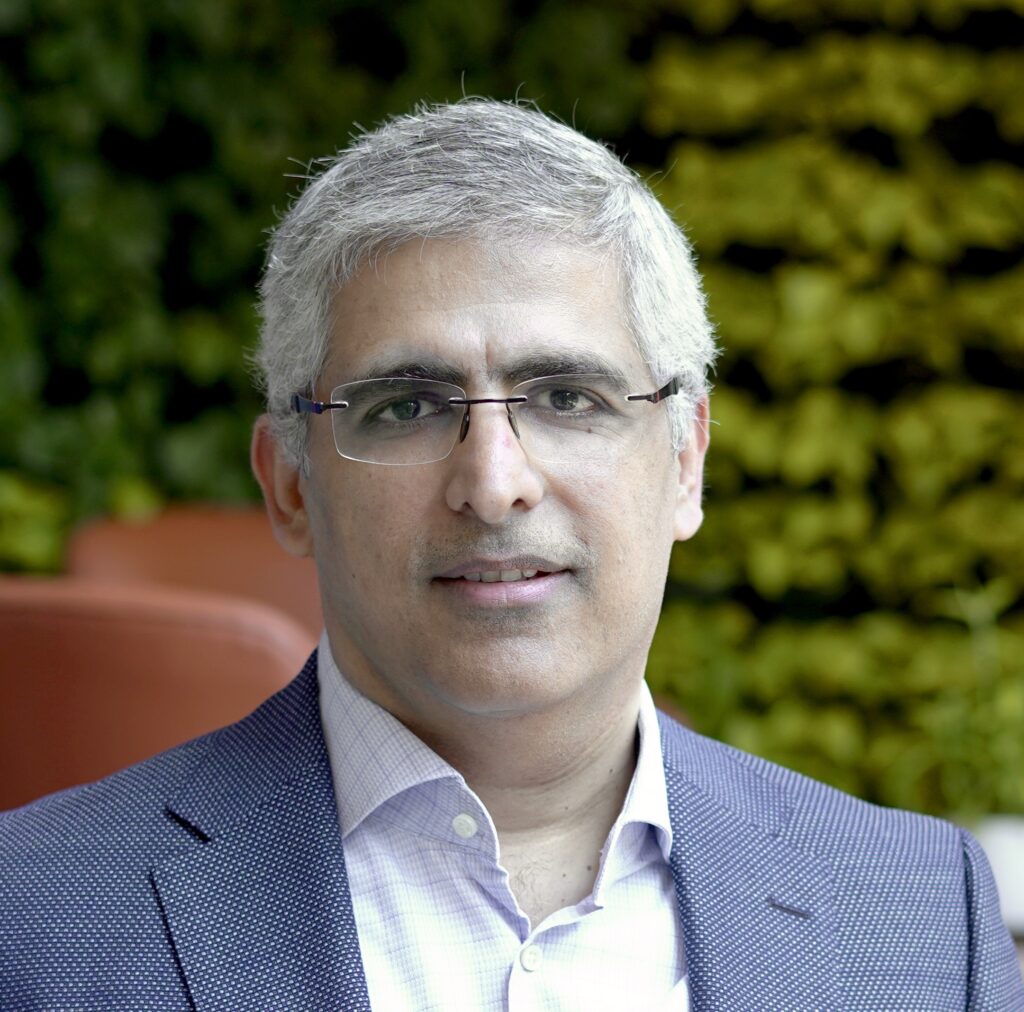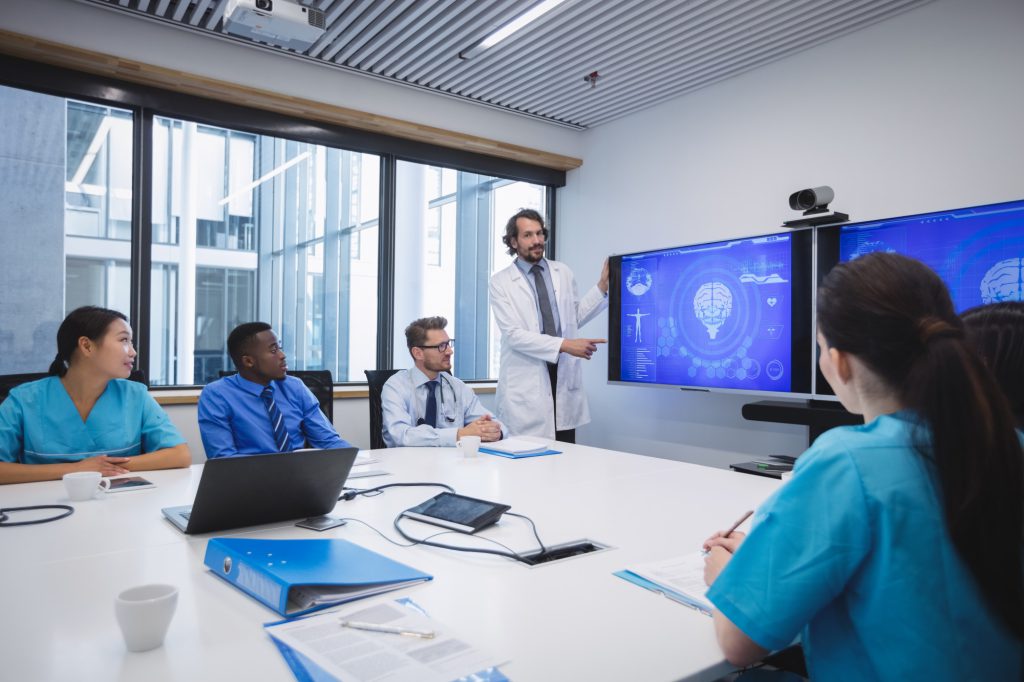Aligned with the Association of Test Publishers Global’s mission to share the latest technology, foster networking, and enhance expertise, the association welcomed the world’s leading assessment industry organizations and experts to Orlando for the Innovations in Testing 2025 Conference from March 23 to 26.
This year’s conference was the 26th of its kind, framed by the “Better Together: Testing the Limits” theme. With it, ATP called for intra-industry collaboration, the sharing of new solutions, and a renewed value of assessment to accomplish the industry-wide leveraging of best practices.
Amongst the various session formats, panel discussions, presentations, debates, workshops, and innovation demonstrations shined, led by industry leaders like John Weiner, Principal at JW Advisers, Liberty Munson, Director of Psychometrics for Microsoft, and Davis Foster, PH.D CEO and Chairman for Caveon.
Over 1,000 attendees chose from an array of events based on their most urgent needs, with diverse topics set forth as essential for the desired collaboration. Trending and disrupting technologies, business strategies, and program design, legal and policy considerations, and accessibility, among others, were all addressed by ATP and the conference’s various panelists, keynote speakers, presenters, and sponsors.
Special interest groups ranged from EdTech, equity, and education to health and security, although the event was underscored by continuous opportunities to network, connecting individuals from across the board in essential conversations within the continually imperative transformation of the industry.
Previous versions of the Innovations in Testing Conference have also covered the sharing of solutions, learning for improved outcomes, and bridging opportunities, although 2025’s focus on testing the limits responds to the recent technological reshaping of the credentialing landscape. Participants showcased their organization’s cutting-edge solutions on the eve of simulation technology, ethics, and artificial intelligence (AI).
One such discussion was Kryterion’s session, where Chad Fletcher, Director of Product, and Leslie Thomas, Chief Psychometric Officer, delved into the future of AI and certification. Kryterion, a global leader in innovative testing and credentialing solutions, helps organizations across sectors to develop and manage their assessments with an advanced test development platform and multi-modal test delivery solutions (e.g., live remote proctoring, global network of testing centers)

“We proudly sponsored this year’s ATP Innovations in Testing Conference because its theme, ‘Better Together: Testing the Limits’, perfectly aligns with Kryterion’s commitment to pushing the boundaries of certification and assessment,” stated Rob Armstrong, President at Kryterion.
Fletcher and Thomas’ ‘Reimagining Certification: AI and the Future of Work and Testing’ session was grounded on AI as an evolving threat to the certification industry and how it can be reinterpreted as an opportunity to evaluate skills and empower organizations to stay ahead of the ever-competitive global market.
Some of the most pressing challenges arising from AI in the industry include the leveraging of deepfakes to impersonate candidates during online proctored exams, eye movement correction, which hinders proctors’ ability to detect suspicious behavior, and AI-powered answering tools, increasingly offered as built-in exam cheating tools.
To respond to these challenges, Kryterion has introduced security measures, including dual camera proctoring, through which proctors can assess the candidate’s environment beyond a headshot angle and prevent the utilization of deceitful AI-powered tools.
Looking toward the future, experts assert that despite some jobs becoming AI-powered, approximately 78 million others will be created by 2030. Considering that AI and information processing technologies are the foremost trend-driving business transformation in the coming half-decade, AI will give rise to rapid technological advancement, especially in contexts of advanced economies, white-collar jobs, and countries with fewer AI regulations.
“It is important as an industry that we continue to embrace and experiment with AI to develop better ways to validate new AI-related technology skills and some of those more durable skills (i.e., non-technical, human-centric skills) that will be even more important tomorrow,” Dr. Thomas stated.
“Responsible use of AI in assessment is closely tied to the responsible use of AI in learning. When implemented without care, AI in assessment can worsen the lack of ‘assessment for learning’ in educational programs. And if we’re not intentional, we might end up using it in ways that actually harm learning outcomes,” Sergio Araneda, Research Scientist at Caveon, concluded, following his attendance at the conference.
Attendees left Innovations in Testing 2025 feeling inspired, connected, and ready to leverage the emerging technological tools for widespread industry improvement.









